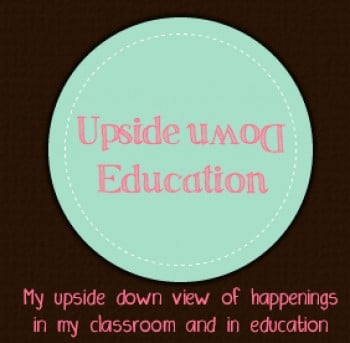I just had a wonderful conversation with my students. They started it. It started with a student having his phone out. Kids know if texting in class, I have to take their phone. I have no problem taking up phones for texting because they are disrupting other classes and the texts are usually mean. But this kid was finished with the assignment and was looking up something online for another class. I let it slide, why deny a kid the power of the internet?! Had to explain myself to the class, they all agreed that it was fair!
Next question was a student asking me if anyone turned in the form that said that their parents would not allow them to do the blog assignment. I told him no and his comment was “Good, what kind of parent says, ‘No my kid can’t learn, can’t use the internet that is full of information, and can’t share with the world.'” The sentence caught me off guard all I could say was “Dude, I love you!” I then started explaining to them how social media was a new thing. This lead to them discussing how parents do not like facebook, twitter, blogs, etc. I had to explain how they are not used to this open society we have created.
We talked about fear of internet, fear of telling to much. They did not think that posting everything that happens to them on FB was a big deal but it is to their parents. I asked them to tell me why they felt the need to post statuses on internet. They all had pretty much the same answer – to get a comment from others.
Wow so true. Part of these kids lives is to share with the world what they are doing or how they are feeling AND to comment to others about their lives. They asked me if that was why I twitter, facebook, and blog. Yeah I guess it is. Its all about sharing.
That is their culture. Interacting with the world is second nature to them. Collaborating with others. Listening to others. Communicating with others.
If that is their culture, why are they being told NOT to do this? Why are they (and me!) criticized for using this medium?
We need to embrace that social media is everywhere. The world is not “changing” it has changed. It is time to accept it, it is to learn from it, it is time to encourage learning in this world!
a
